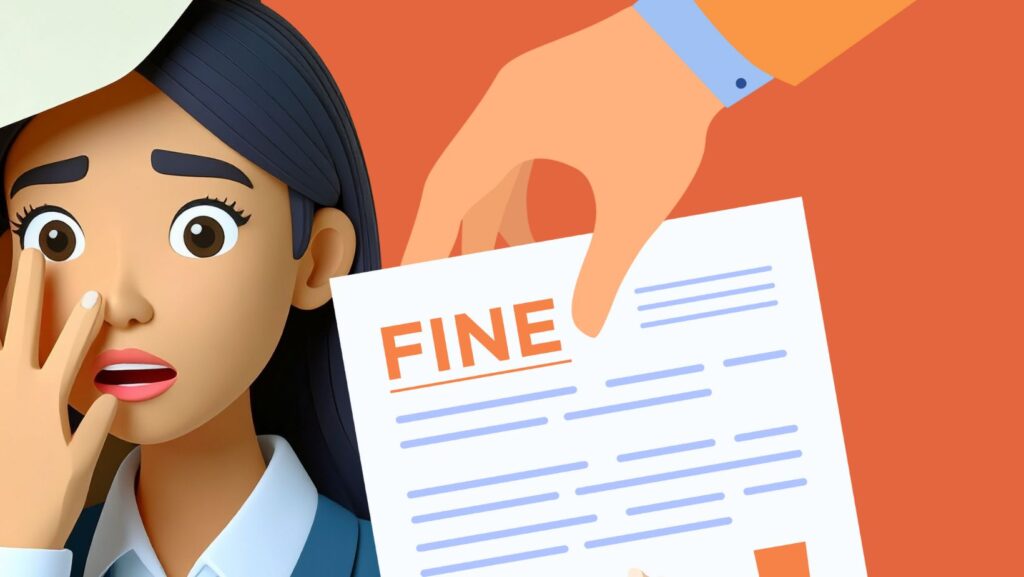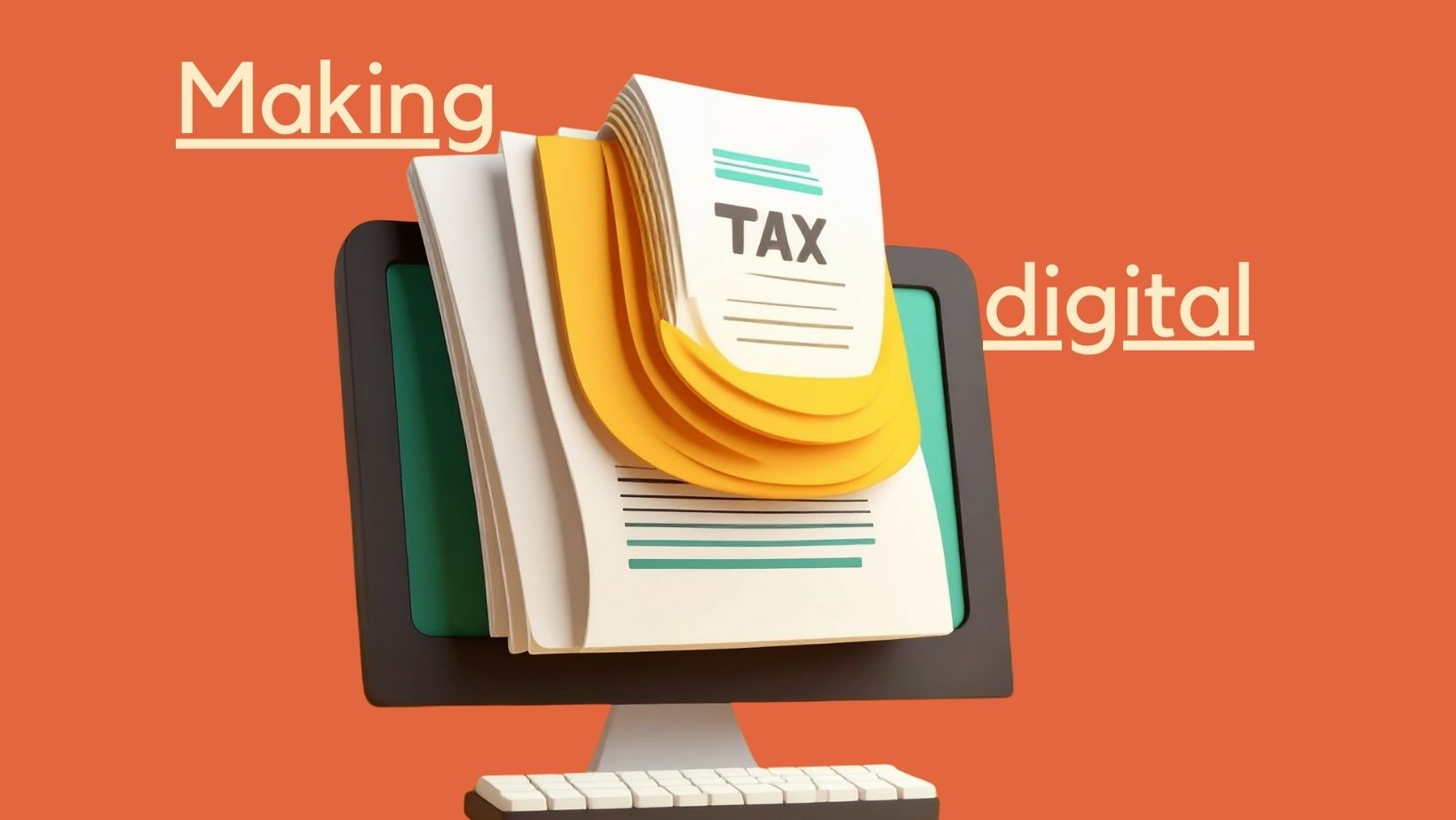As technologies evolve, tax compliance is shifting, and HMRC is tightening its grip on late payments. They’ve recently announced they’ll be hiking fines for paying VAT and self-assessment taxes late.
If you’re a small business owner or contractor, this could have a significant impact on your cash flow and financial health.
With these late payment fines set to rise sharply over the next five years, we’re keeping you informed on what’s changing, and how to stay on the right side of HMRC.
The update on late payment fines
HMRC is introducing stricter penalties for late payment of VAT and Self Assessment tax under the reforms outlined in Schedule 26 of the Finance Act 2021.
These changes mark a significant escalation in HMRC’s approach to late payments, described by the ICAEW as “very significant.”
Under the revised structure:
- A 3% penalty will apply when tax is 15 days overdue.
- A further 3% penalty will be charged if the payment reaches 30 days overdue.
- From day 31 onwards, an ongoing penalty of 10% per annum will be charged on the outstanding balance, accruing daily.
These increases replace the previous 2% penalties at the 15- and 30-day thresholds and double the ongoing penalty rate from 4% to 10% annually.
Initially, the new rates will apply to:
- All VAT-registered businesses, and
- Taxpayers participating in the Making Tax Digital for Income Tax Self Assessment (MTD for ITSA) pilot.
As the new regime beds in, it is expected to expand to cover additional tax regimes.
Importantly, HMRC has stated that taxpayers who enter into a Time to Pay arrangement will not be charged late payment penalties. This provides a vital lifeline for those facing genuine financial difficulty.
These reforms are also a key component of the government’s wider strategy to narrow the tax gap – the difference between tax owed and tax paid – by incentivising prompt payment and boosting public confidence in the tax system.
Why is HMRC doing this?
HMRC’s goal is to promote a “compliance-first” culture. The hope is that by increasing financial consequences, more individuals and businesses will meet their tax obligations on time. In the long run, this should reduce the tax gap.
The government has framed this change as part of a broader effort to modernise the tax system, encourage timely payments, and improve fairness.
The aim is to create a clearer distinction between those who pay on time and those who do not. Therefore, supporting taxpayers who comply while motivating others to improve their payment behaviour.
What does this mean for small businesses and contractors?
The implications are clear: late filing or late payment is no longer just a minor slip. It can quickly lead to compounding fines. For small businesses and contractors who often juggle multiple roles and responsibilities, this adds pressure to keep on top of accounting deadlines.
Even a small delay could result in avoidable penalties, which, for sole traders or small businesses, could seriously impact profitability.
Practical steps to avoid HMRC fines
The good news is that these fines are entirely avoidable with good planning and proactive financial management. Here are some key steps you can take:
1. Know your deadlines
The first and most critical step is to be fully aware of when your tax returns and payments are due. These can vary depending on whether you’re VAT-registered, operating via PAYE, or submitting Self Assessment returns.
Using a digital calendar or tax management software can help you stay organised and avoid missing key dates.
2. Use digital tools
Consider using accounting software like Xero, FreeAgent, or QuickBooks, which can automatically calculate tax liabilities and send deadline reminders. Many of these platforms also integrate with Making Tax Digital (MTD), which is gradually becoming mandatory for more businesses.
3. Set aside funds regularly
It can be tempting to reinvest income back into your business, but setting aside a percentage of earnings for tax is crucial. Aim to ring-fence funds each month so that you’re never caught short when payment is due.
4. File early
Submitting your returns early gives you a clear picture of what’s owed and allows time to seek help if anything is unclear. It also helps reduce last-minute stress and lowers the risk of costly mistakes.
5. Work with a professional
An accountant or tax advisor can help you understand your obligations, claim all the reliefs you’re entitled to, and ensure everything is submitted correctly and on time.
At Companion Accountancy, we work closely with contractors and small businesses to provide clear, practical guidance that keeps you compliant and confident.
As HMRC increases fines and sharpens its focus on late payments, small businesses and contractors must take proactive steps to safeguard against penalties. With smart planning, digital tools, and the right advice, you can stay compliant, and avoid handing more of your hard-earned money to HMRC than necessary.





